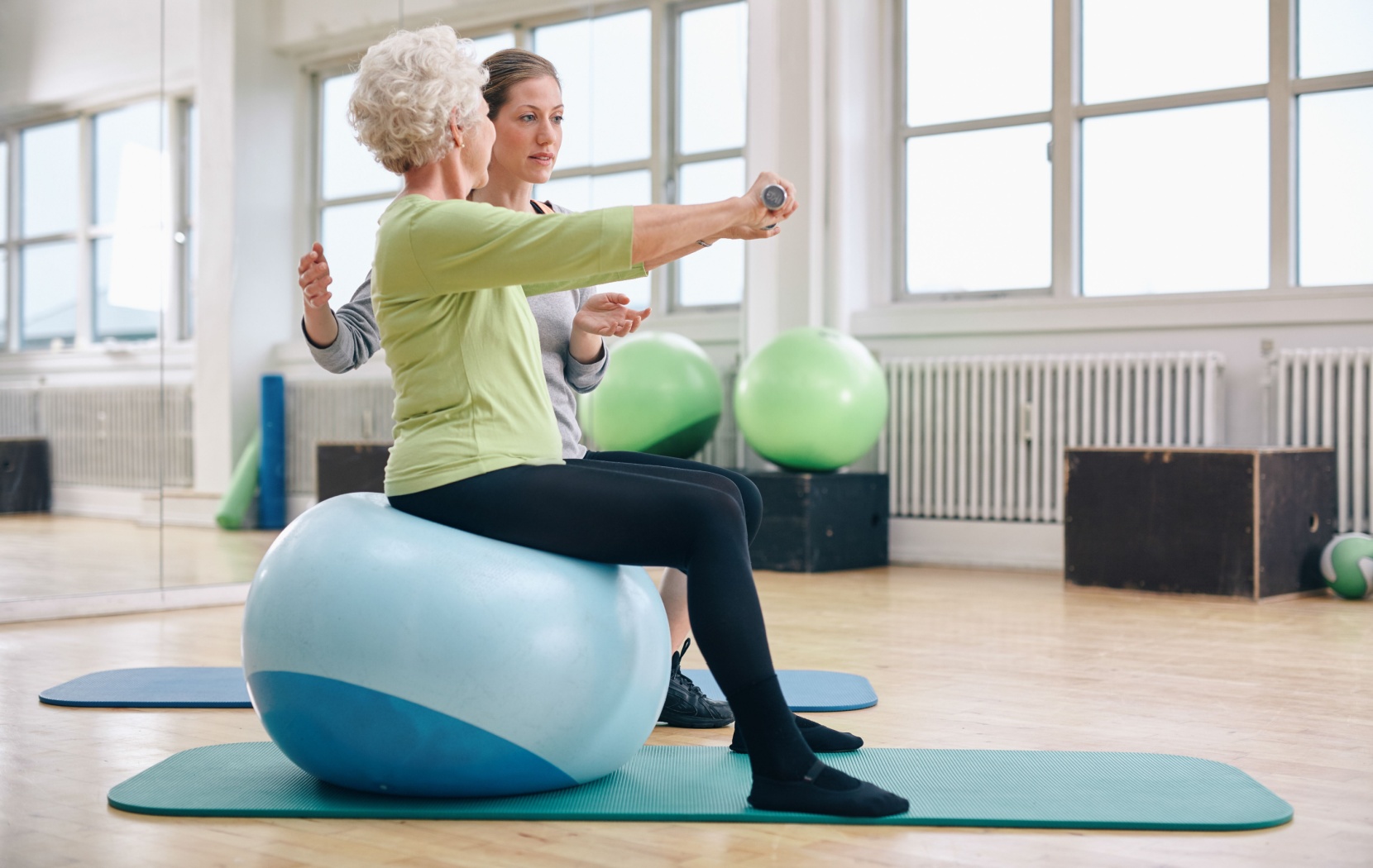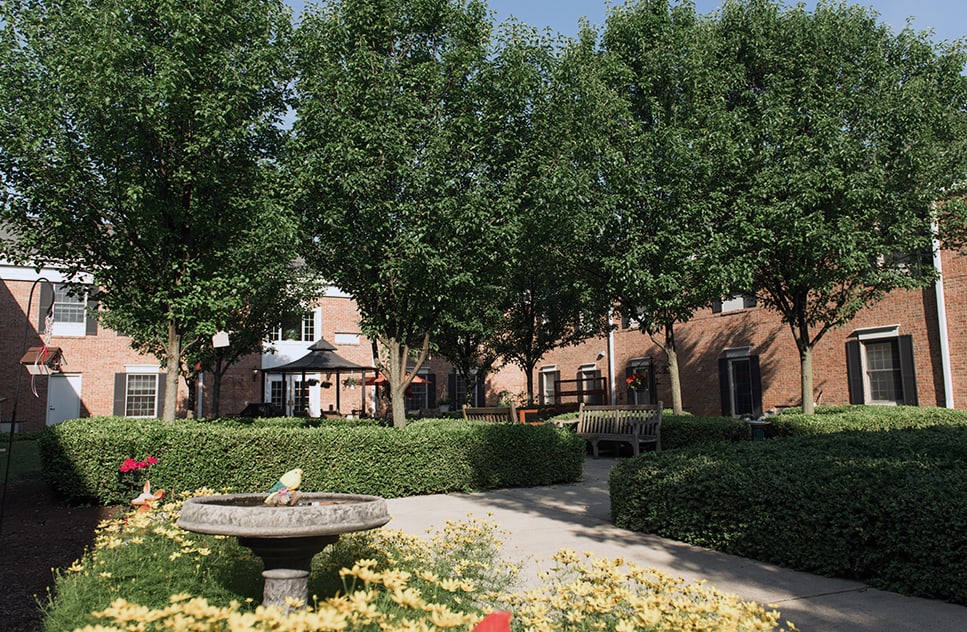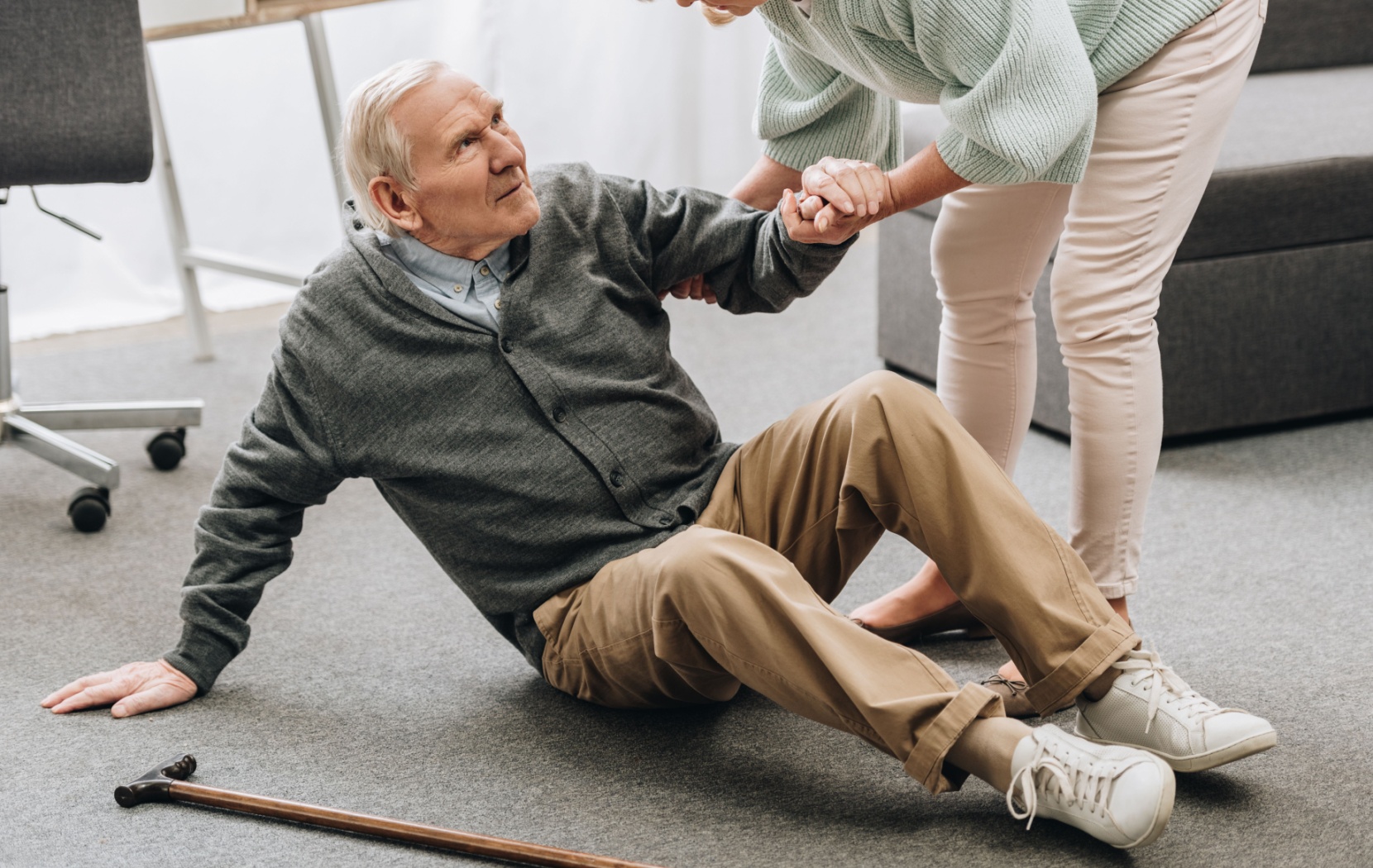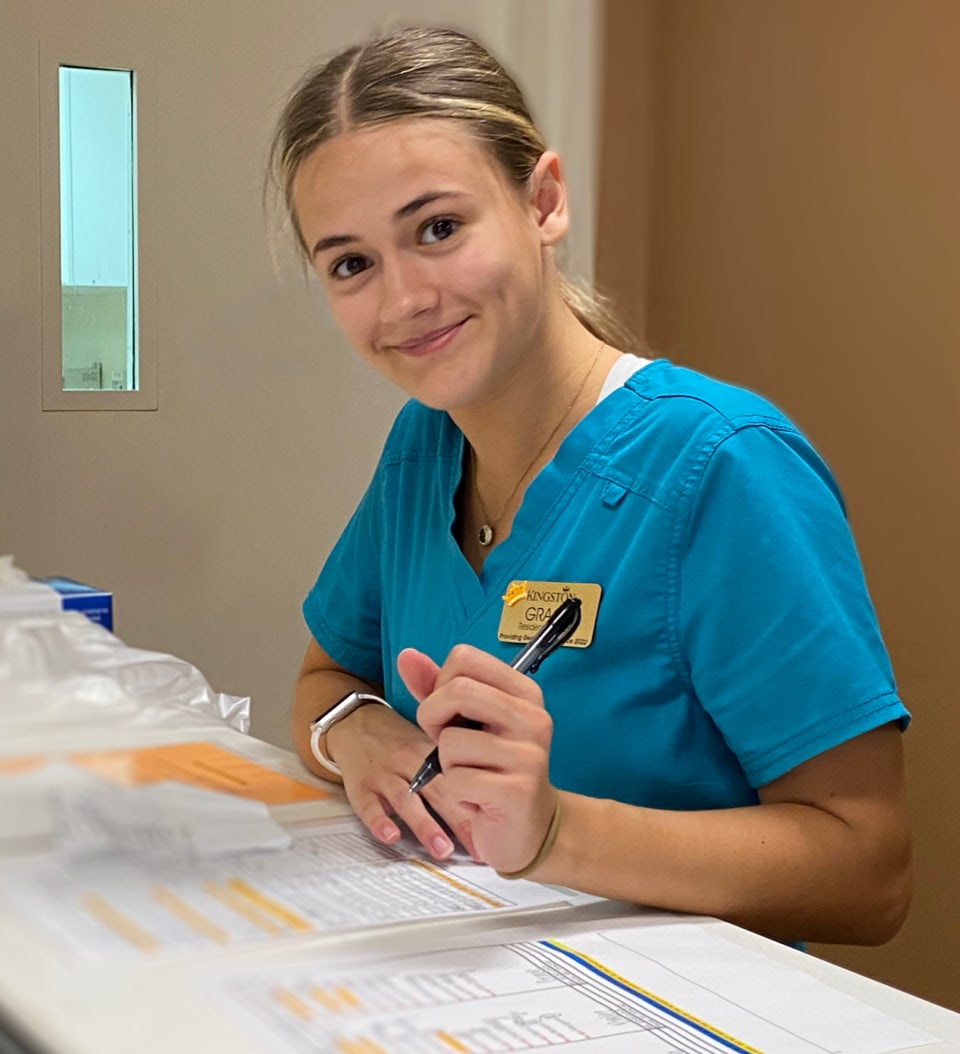As the years pass, you may start to notice changes in your senior parent’s balance, strength, and health. These developments can increase their risk of falling. Falls can have far-reaching effects on seniors’ health, so it’s important for your parent to get the support they need to minimize their risk of falling.
Some reasons your senior parent keeps falling might be:
- Medical conditions
- Declines in physical strength.
- Unaddressed tripping hazards at home.
- An increased fear of falling and loss of confidence.
Understanding Why Falls Happen
Frequent falls often stem from a combination of physical, medical, and environmental factors. Identifying the causes of falls is the first step to addressing them effectively. Here are some common reasons that older adults may fall:
1. Medical Conditions
Certain health issues can increase the likelihood of falls. These include:
- Many seniors tend to have worse balance as they age, and this can be compounded by balance disorders like vertigo.
- Chronic conditions like Parkinson’s disease, arthritis, or diabetes-related neuropathy can weaken muscles and impair mobility.
- Poor eyesight from cataracts, glaucoma, or age-related macular degeneration can make obstacles harder to see and easier to trip on.
- Prescription medications, especially sedatives or those for blood pressure, can cause dizziness as a side effect.
2. Decline in Physical Strength
Aging naturally results in reduced muscle mass, slower reflexes, and decreased flexibility. Together, these physical changes can make it challenging for seniors to maintain stability, which in turn, increases their risk of falling.
3. Home Hazards
Seemingly harmless home elements like loose rugs, cluttered walkways, or dim lighting can be responsible for accidents if not managed diligently. Even stairs or uneven flooring can also pose a hazard for those with limited mobility.
4. Psychological Factors
Fear of falling can ironically increase the likelihood of falls. Older adults may reduce their activity levels to avoid accidents, which can weaken their muscles further and diminish their confidence, leading to a higher risk of falling and injuring themselves.
Steps to Take When an Elderly Parent Keeps Falling

Once you’ve pinpointed possible causes, it’s time to take steps that create a safer and more supportive environment for your loved one.
1. Schedule a Comprehensive Medical Evaluation
Start by booking a visit with a healthcare professional. A doctor can:
- Perform a full evaluation to detect underlying health concerns contributing to falls.
- Review medications to see if side effects or drug interactions are causing balance or dizziness issues.
- Recommend appropriate assistive devices, like canes or walkers, to support mobility.
2. Make the Home Safer
A fall-proof home can help prevent accidents. Here are some simple changes to reduce the risk of falls:
- Install brighter lighting in hallways, staircases, and entryways to improve visibility.
- Remove tripping hazards, like loose carpets or electrical cords, and declutter walkways.
- Add grab bars in key areas such as bathrooms (next to the toilet and inside the shower).
- Consider non-slip mats and rugs for added security in slippery areas.
3. Encourage Physical Activity
Regular exercise can improve balance, strength, and coordination in older adults and reduce their fall risk. Some exercises that could help your senior loved one maintain their physical health are:
- Balance exercises like Tai chi and yoga focus on stability and mindfulness, making them effective options for seniors prone to falls.
- Strength training with resistance band exercises or even light weightlifting helps build muscle strength.
- Low-impact cardio like walking or swimming improves endurance and supports overall mobility.
4. Foster Open Communication
Falls can sometimes go unnoticed because elderly parents may hesitate to mention them out of embarrassment or fear of losing their independence. You can help solve this problem by opening a caring and judgment-free dialogue:
- Gently ask questions like, “Have you been feeling unsteady lately?” or “Do you feel safe walking around the house?”
- Reassure your parent that your goal is to help them stay safe without restricting their freedom.
5. Invest in Assistive Devices & Wearables
Technology can serve as an additional safety net for your parent. The following tools are often particularly useful:
- Fall detection devices can notify you or emergency services if a fall occurs.
- Mobility aids like a well-fitted cane or walker can provide added support during daily activities.
- Home monitoring systems like cameras and motion sensors in key areas can monitor your parent’s safety.
6. Consider Professional Help
If falls continue despite your best efforts, it may be time to involve professionals to help your loved one stay safe and maintain independence.
- A physical therapist can develop a personalized exercise plan to improve mobility and balance.
- An occupational therapist can further customize the home environment to meet your parent’s specific needs.
- Caregiving services offer companionship and support, especially when you can’t always be there.
Supporting Your Parent Through the Process
Falls can be both a physical and emotional challenge for older adults. Your approach can significantly impact how they feel about addressing the issue. Keep these tips in mind:
- Approach your parent with empathy: They might feel frustrated or embarrassed. Listen patiently and validate their feelings.
- Promote their independence: The goal is not to limit them, but to create a safer environment that allows them to maintain their freedom.
- Take small steps: Change can feel overwhelming. Start with a few key adjustments and build from there.
Keep Your Loved One Safe & Healthy
Dealing with frequent falls is scary, but it’s possible to improve your parent’s safety and quality of life. By addressing underlying issues, adapting their environment, and encouraging positive habits, you’re helping to prevent future accidents and showing them you care about their well-being.
If you and your senior parent decide that the safest option may be assisted living then Kingston Residence of Perrysburg is here to support you with comfortable and meaningful assisted living. Schedule a tour today to see if our community is the right fit for your parent today!






